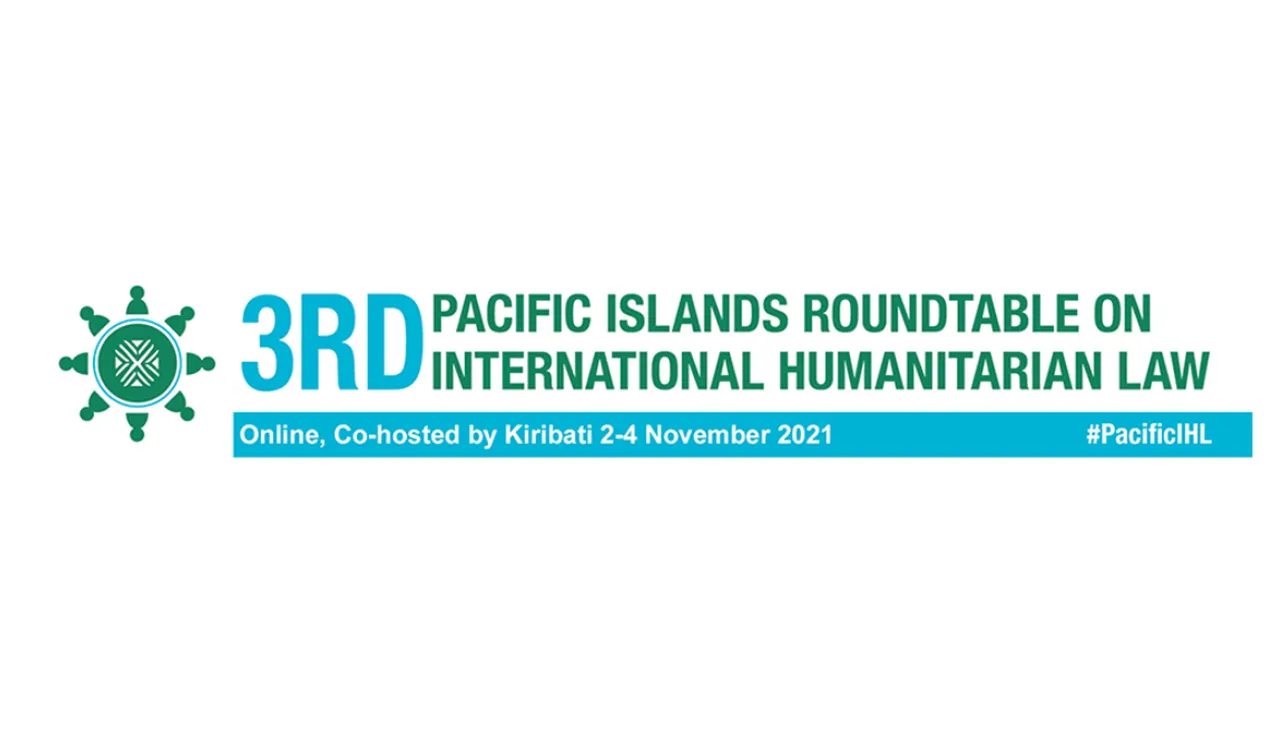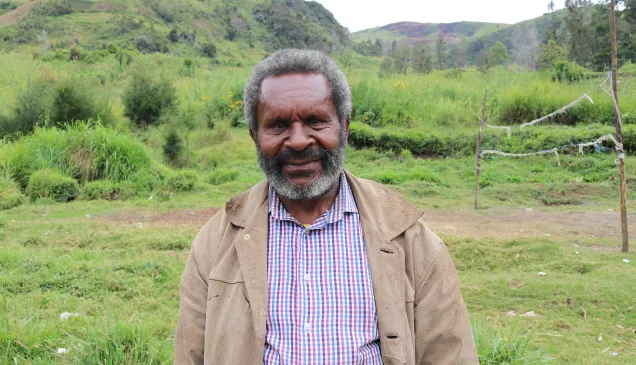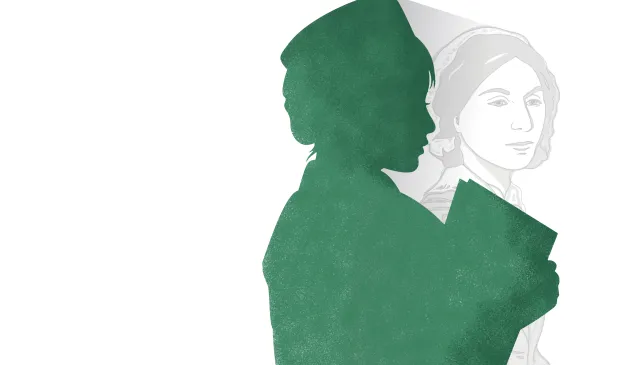3rd Pacific Islands IHL Roundtable: 2- 4 November 2021

The Pacific Islands Roundtable on International Humanitarian Law (IHL) provides a dedicated forum for regional discussions and exchanges on IHL issues of importance to the Pacific region. It creates a space for the exchange of practices, ideas and information between legal advisers who work on these issues. The event creates a network of peers across the region who can assist one another to advance priority issues.
IHL – the rules seeking to limit the effects of armed conflict – has continuing relevance to the Pacific region. Some Pacific nations have recent or historic experience of conflict, while others send their nationals to work in armed conflict situations. It is important that Pacific Island countries are able to influence and contribute to the development of this body of international law.
The 3rd Pacific Islands IHL Roundtable will be co-hosted online by the ICRC and the Republic of Kiribati from 2 to 4 November 2021.
Agenda
The Pacific Way
By exploring the traditional warfare practices of different cultures, we are reminded of the points they have in common with principles of international humanitarian law (IHL). Universally, it is recognised that even wars have limits.
Participants are encouraged to share the norms of restraint found in their cultural and religious traditions. Identifying the links between these roots and the contemporary laws of war, IHL, may help to demonstrate the relevance of IHL for domestic audiences.
Further information:
- Samuel White and Ray Kerkhove, 'Indigenous Australian laws of war: Makarrata, milwerangel and junkarti', International Review of the Red Cross, 2021
- ICRC, Under the Protection of the Palm: Wars of Dignity in the Pacific, 2009
- Thynne, Kelisiana 'The Universality of IHL – surmounting the last bastion of the Pacific' Victoria University Wellington Law Review 2010
Giving effect to the ban on nuclear weapons
Knowing too well the dangerous realities of nuclear weapons, many Pacific Island States have consistently advocated for, and supported, pathways to their elimination. The Treaty on the Prohibition of Nuclear Weapons (TPNW) establishes a global norm explicitly prohibiting nuclear weapons.
As they prepare for the Treaty's first Meeting of States Parties, States must ensure that the Treaty's provisions are faithfully implemented. In this session, participants will exchange on the successes and challenges they have encountered on the road to joining and implementing the Treaty. It thus serves as a case study in processes of IHL treaty adoption and implementation.
Further information:
Bringing IHL home
Each participating country is invited to contribute a short update on national legal and practical measures taken to implement IHL.
Updates can include treaties ratified, legislation enacted, policies adopted, consultations conducted, and other domestic measures taken (such as work by National IHL Committees). Participants are also invited to share information on specific achievements as well as challenges faced in giving effect to IHL.
Further information
- Resolution 1 (33IC/19/R1), Bringing IHL home: A road map for better national implementation of international humanitarian law
- ICRC, Bringing IHL Home: Guidelines on the National Implementation of International Humanitarian Law
- The ICRC National Implementation Database contains laws and case law that implement IHL treaties and other related international instruments
Outlook 2021- 2023
Participants are encouraged to identify, in this session, IHL-related issues or milestones that they can work towards in their countries over these next two years, with a view to reporting back on progress at the next Roundtable. At the same time, the session will serve as a preview of upcoming meetings and events.
Further information
Conflict, climate and the environment
In this session, participants will share their perspectives on the links between IHL and climate change. They will exchange on the steps they have, or could, take towards protecting the environment in times of armed conflict and to enhance resilience.
Further information
- ICRC, Guidelines on the Protection of the Natural Environment in Armed Conflict, 2020
- ICRC, When Rain Turns to Dust: Understanding and Responding to the Combined Impact of Armed Conflicts and the Climate and Environment Crisis on People's Lives, 2020
- Double vulnerability: the humanitarian implications of intersecting climate and conflict risk, ODI, ICRC, Red Cross Red Crescent Climate Centre, 2019



